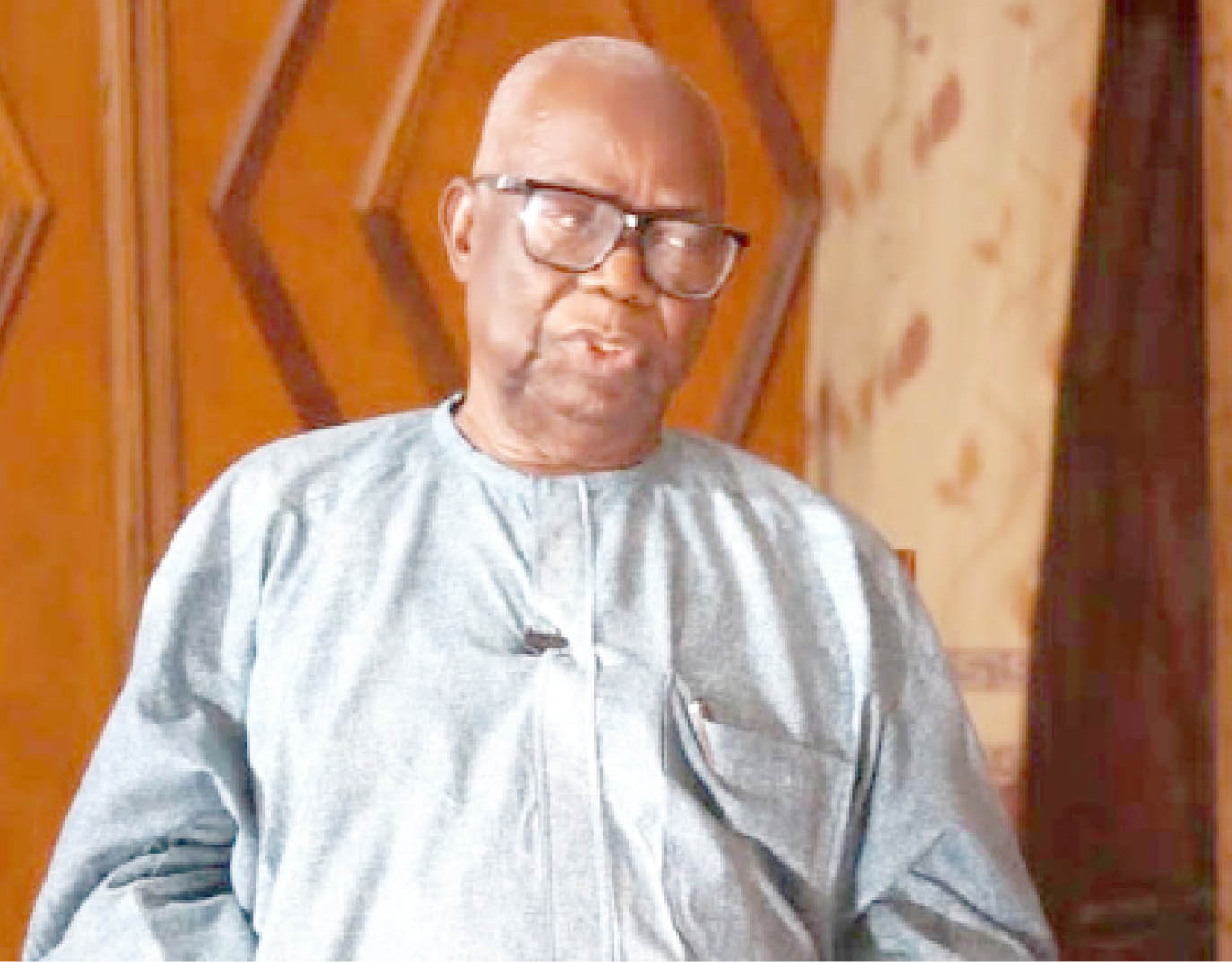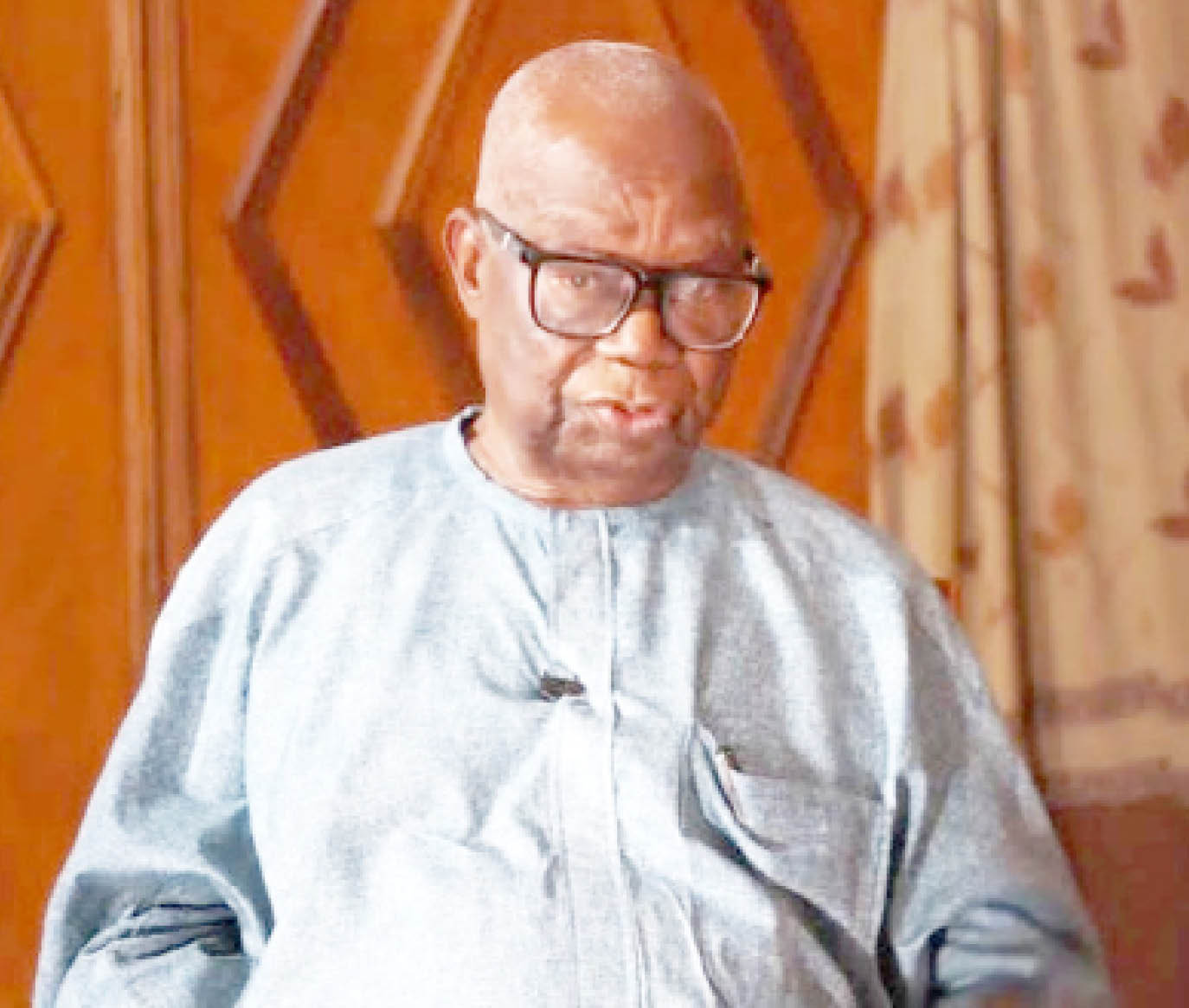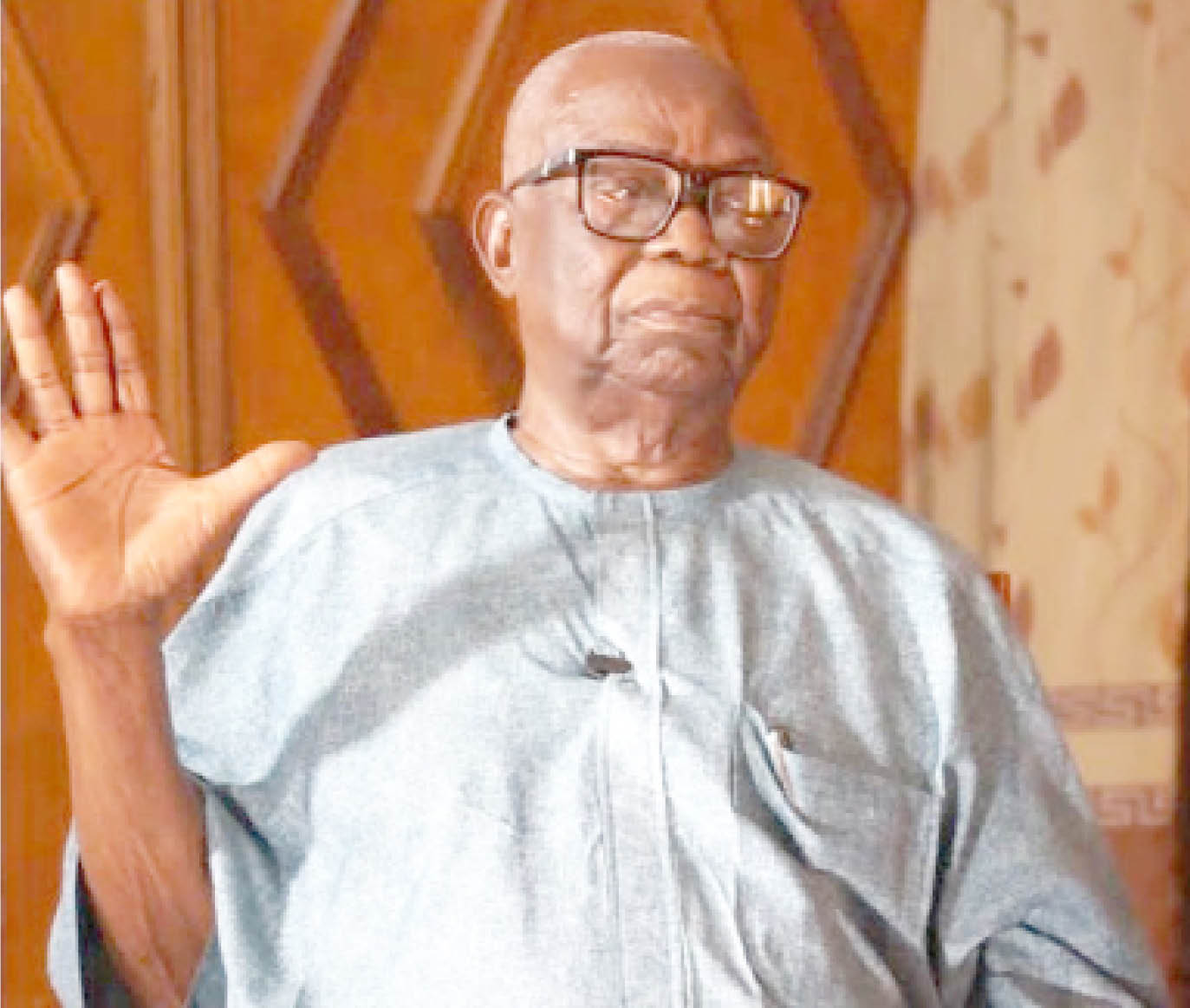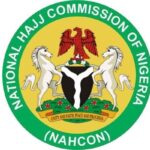Selcan Miner, who hails from Langtang in Plateau State, was a district officer in the 1960s in various provinces of the North. He became a very senior police officer in Lagos before Benue-Plateau State was created in 1967. Miner became the first commissioner for education, then secretary to the government of Police Commissioner J.D Gomwalk. After 1975 he has been in many private businesses, in addition to what has been his calling from childhood, which is to serve God as a missionary. In this interview, he disclosed how he started life in Langtang, his profession and experiences.
Tell us how you started life in Langtang?
I went to school here in Langtang and started teaching; then from here to Gindiri. After Gindiri, I came back here to teach. I taught in Gindiri Teachers’ College up to 1957. I left Langtang for Jos in 1958 and started teaching at Saint Paul Secondary School. From there, I left for Katsina Training College in August 1958. I taught there for two years plus, then came back to Jos.
Was it usual for somebody to move from Jos to Katsina?
Not at all; you would go from here to Jos on a pick-up van if you were lucky, the same thing if you were going from Katsina to Zaria or Funtua.
About your career move—you were teaching in Saint Paul in Jos, why did you move to Katsina, which was a fairly strange environment for you?
The attraction was working for government as there was a difference in pay. You would prefer to get a better pay than the one you would receive from the missionaries.
2023: How insecurity may affect S/East’s 10.90m votes
Not all election operations require cash – INEC boss
Was Saint Paul a missionary school?
Yes, it was a government secondary school.
Having come from Plateau, how was your experience teaching in Katsina?
I fitted in very well. I met some of the teachers I knew in training school and we mixed up very well; there was no problem. I was well accepted in Katsina, so I liked my teaching there.
From Katsina you moved back to Jos?
Yes. Again, there was another attraction, Jos invited me and made me a staff officer, with a bigger pay. And the facilities were far better, so I was attracted.
Was that the Jos Native Authority?
Yes. There was an administrative officer called Kirk Green.
The famous Kirk Green?
That’s right. Somehow he was quite friendly with the principal of Katsina Training College. The principal mourned when they left. He was quite unhappy that his Mathematics teacher went to Jos. He mentioned that to Green and he picked it up and followed me right down to Jos and asked me to go for training as a district officer.
I accepted that offer in 1960 and that was how I became an administrative officer. I got trained at the Institute of Administration in Zaria.
Your first posting was Sokoto; is that correct?
The first one was Vandeikya, where we went on tax drive. The other posting was an emergency. My real posting was Sokoto.
How was it working in Sokoto, the centre of the Caliphate, with some of the well known names in Nigerian politics?
In fact, before we went to Sokoto, I went to S.S. Smith who was the director and he made the posting. I asked why he sent me to Sokoto and he said I would not regret it. I went to Sokoto and I never regretted it.
Even when it was a different environment from where you were coming?
It was completely different and even hotter than anywhere in Plateau, but don’t forget that I was briefly in Katsina; it wasn’t too different.
How was it working with the Sultan?
Wonderful.
Was it Abubakar?
He was a wonderful man. Somehow he came to love me so much. You would find it difficult to believe that Sultan Abubakar would drag me into his bedroom to chat. He related very well with people.
I was in Birnin Kebbi before I went to Sokoto, and there too, I was well liked. In fact, a story was told that Sardauna was finding it hard to deal with some of the emirs, so he decided to show one or two examples with them.

Was he the Sardauna or premier in 1960?
He was the Sardauna, then appointed premier. Some of the emirs expected him to act only as Sardauna, but he wanted to prove to them that he was not only the Sardauna but also the premier of Northern Nigeria.
An incident happened in Birnin Kebbi and how I explained it in the Council impressed the premier so much that he refused to stay in Gwandu that day. He stayed in Argungu, and when I went to visit him he was sitting with his ministers. And guess what? He pulled his “riga” and put it on me.
Because you resolved the incident; what really happened?
Yes. It was something I would like to keep. His action was more or less an anointing.
People would probably not recollect that you were also a senior police officer at some point; is that true?
Yes; but that was later on.
After you finished as district officer?
When I finished in Sokoto, I went to Lagos for that.
Did you like being a policeman?
I don’t know that. But there was a scheme to draft some administrative officers into the police and army.
We first applied to go into the army but they would not give way, so they finally settled for the police and we accepted—myself and Adamu Suleiman.
I think J.D Gomwalk was also part of it?
That’s right.
But you didn’t stay long in the police, what happened?
I didn’t stay long because I wasn’t really interested in the police at all; it was just to help them settle their agenda, otherwise I would have preferred the military.
Were you in Lagos when the 1966 coup took place?
Correct.
How was the atmosphere; and what was your reaction to the whole situation?
There were so many coups that year. During the first one, I was in Sokoto. It was the second one that I was in Lagos—the countercoup.
It was after the countercoup that Gowon came in and states were created, right?
Correct.
And you moved back to Plateau as a commissioner?
Yes. After the formal training, I was posted, but as I said, police was really not my calling, so I decided to come back home.
Don’t forget what I shared with you as my calling before we came in. I began to see the Lord telling me what I was supposed to be doing. With that urge, I came back.
Did you accept when Gomwalk invited you into his government?
That is the temptation of life. You would go away from it, then a friend would come with a good idea. So, I accepted; poor me.
You were a commissioner for education, and later on, secretary to the government; what were you able to do with Gomwalk?
The first three years were wonderful. We set up fantastic programmes, and none of us was thinking of getting a kobo from them. They were all about development—thinking of ways to better the common man. That was all that occupied our mind. It was later on that things started changing and I pulled out.
Gowon and his governors stayed 9 years, which was quite a record. What started changing?
Gowon was a very fantastic person, but I am not sure whether those with him were equally committed. I liked working with him.
Things started going the politicians’ way, not military. As you know, the military has a precision of doing things, but in politics you have to drag your feet a little bit to please people etc. I couldn’t stand some of the things, so I just said no.
When did you leave the government?
June 1975.
That was before the end of Gomwalk’s tenure?
Correct.
I think they were overthrown.
Gowon’s government was overthrown.
So, at that point you said goodbye to government?
Yes.
I think you went back to train as a missionary.
I went back into business. I built a house in Jos and took a loan from the Bank of the North. I had something like 6,000pounds to pay. It was a lot of money in those days.
What kind of business did you go into?
A lot of petrol station running. I graduated from there to other things like electronics and electricity.
Did you suddenly find out that you had flair for business?
There was quite a lot to be done in business. It entailed a lot of travelling and learning new grounds. We thank God that we managed to get through. It was a big lesson but I got through very well.
The impression is that you actually became a very successful businessman; is that correct?
They will always say so. I appreciate being on boards and things like that. It wasn’t bad.
Are you saying you didn’t really make the kind of money people attributed to you?
I don’t know what they told you. I made money, but the truth is that we were very careful. We made reasonable money. I thank God.
You were one of the few civil servants who moved and became fairly successful in business.
We thank God for that. I don’t think I can grumble over that because we were really lucky.
Was it not because of any particular training?
No. I don’t think I was cleverer or wiser than any other person; I think it was just luck.
At some point you went to a missionary school in the United States, where you studied and came back and started preaching; can you tell us about your life as a preacher of the word of God?
When I was eight years old, I had a vision. Very close to that mango tree, I saw the Lord standing in great white garment. He was giving umbrellas to Christians flying to heaven. So, being a son of an evangelist, I was so sure that I would get one. Then he turned and was walking away. I said no way and ran after him, saying, “Let me hold your holy Bible, then I woke up. Believe me, that I am a Christian today is because of that dream because it never left me. Whatever I lay my hand to do, if I am going wrongly, that bell will ring – “Let me hold your holy Bible.” It became a corrective instrument in me and built me up.
After what the Lord did for me in business, I said it was time to thank him. So, I went to California and enrolled in the Graduate School of Theology.
The moment I went into that school, the bell stopped ringing, which showed me that I was going the right direction and I was very pleased with that.
I came back with a graduate programme to train people from degree level to master’s and PhD, here in Jos. That was in 1988. Since then I have stayed on that; and I liked what I was doing. We have taught a lot of people.
We arranged with Fuller Seminary in California to bring teachers. I would take care of their feeding and transportation in the country and take them back to the airport. The arrangement fitted in very well with Fuller because there were quite a lot of graduate teachers they wanted to expose to Africa.

Were they teaching other courses or only theology?
They were teaching theology only. We did that for five years, which was the contract. After that, the Anglican Mission asked me to help in the Christian College in Jos. I did that for almost 10 years.
Were you the head of the school?
Yes. I was also teaching. From there, I finally retired from priesthood. After that, my first assignment was to help establish the Anglican Diocese of Langtang.
The day I handed over the key to the Diocese of Langtang, that was December 1983, I said to myself to relax. But that week, the Lord told me to focus on the diocese. I thought I had finished my work. The diocese in a sense represents five local governments.
The whole community?
The whole community.
Not the church?
I asked what the Lord wanted me to do again as I was almost 83 years of age. It took me a year to decipher what he was saying. Then I discovered that the Lord was saying I should carry the Bible as I promised. It means to establish a school. That’s why I spent the rest of my years establishing the school we call Christ College of Theology and Education.
Is the school up and running or you are still in the process?
It is up and running. We also have the Save by Divine Bells. Remember that I told you the bells were ringing in my ears each time I did something wrong, to remind me of my promise. I am saved by divine bells because without those bells ringing, I wouldn’t have been what I am today.
Is this a missionary group that tries to spread the word of God?
That’s right. And it is up and running. In fact, we took over from a school and multiplied it. We bought more land and created facilities. Thanks be to God.
Do you think this is something you would continue doing for the rest of your life?
Sure. There is no end to it. I learnt my lesson from the day I handed over the key to the bishop and relaxed, thinking I had finished my job. You will continue until you are called.
So there’s no retirement for you?
There’s no time limit, so now I am here running and running. When I see people like you who want to come, I tell them to come along let’s get together. It is a pleasure to be invited and assigned by the Lord to do this.
So you have left your comfortable home in Jos and moved to Langtang?
You think it is a comfortable zone? This is a more comfortable zone because believe me, each time I want to go to church to do something, something else will crop up and I will say it is this one first. I am sorry that I had to drag people like you to come down to see my poor self; who am I?
I also noticed that you keep learning; not just theology, but you went back to business school. You were in Harvard and other schools, why?
You need to know things around you, otherwise you will be a foolish evangelist.
So you are learning to run the business?
I did all that to be able to fit in with the business society. I have finished business now but the knowledge is still there. I thank God for that.
Are you not involved in businesses anymore?
Not anymore.
What happened to all your businesses?
I have eight kids but one died. I have a lot of grandchildren. Yesterday, 11 of my grandchildren were on zoom and wanted to thank me for what I have done for them.
So you have completely retired from business and only devoted to this work?
Absolutely.
You chaired so many boards and committees; do you get invited either by the Plateau State Government or the federal government for advice?
There is time for everything. Believe me, at 80 there’s little you can do, but when you go into the 90s, you can imagine what would happen.
Are you 90?
I hope some politicians would follow our example.
So, even if you are invited now you would not be able to do it?
If I am invited, that is a different thing because you will see the magnitude of the kids calling you to help solve problems. And if it is something that would help the public, would you keep your knowledge from them?
You still look very strong for a 90-year-old man, what’s the secret?
Thank you.
You were a district officer in the 1960s. You had also been in government at the state level, as well as served in many committees at the federal level; what is your take on what is going on in the country?
It is sad. It is not what we thought would pan out. My advice will be to our politicians to look back. We have so much to learn.
We should avoid any move to divide this country. Let’s try and manage it as our forefathers did. We need one another. That’s my word of advice to all.
All of us are bound to make mistakes, but let’s learn to say sorry to one another, come together and move this country forward. Believe me, there is no solution than to move this country forward. We all will gain by living together.
Did you not have the opportunity to pass this kind of advice to the people in government now?
In conversations I do say things like this; and sometimes, one or two droppings like I have just done.
But are you in touch; I noticed that when you did your 90th birthday recently, a lot of your old colleagues, from General Gowon to General Danjuma—so many of the people who are still active in the affairs of the country attended; have you chosen to stay away from public affairs?
Danjuma and Gowon were not there; they are all very busy people. And let me tell you that my kids took me by surprise to organise that elaborate reception for my birthday. I thought it would be a small thing.
So they invited many big people?
Yes; they got hold of the names on my computer set. I thank my old friends that visited.
All I am saying is that it is nice to be together as a country.
In fact, let me tell you that Sokoto is my second home today as I have more friends there than Langtang. I hardly visit people in Langtang because I don’t know them. I left home in 1957.
Did you spend a lot of time in Sokoto?
Yes. I left Sokoto in 1966, and I have been there several times. I can’t create new friends here, but I have them elsewhere in this country.
These are small things, but they matter. Let’s put all arms down, apologise to one another, come together and move forward.
What do you do when you are not in the missionary school; what is your daily routine like?
In the morning, I take a cup of tea, ride my bicycle about 10 minutes and I am in the school for worship. After that I go round the school and retire for the day.
When the place is very hot, I go under a mango tree and sit there. It is becoming a routine and I like it.
Don’t you miss the hustle and bustle of the city?
No; I am alright here.
Do you have dietary restrictions?
I am quite well and I thank God for that.
How is family life for you?
Family is fine. I lost my wife and got a younger person. Life is very easy but people make it hard for themselves. We thank God.




